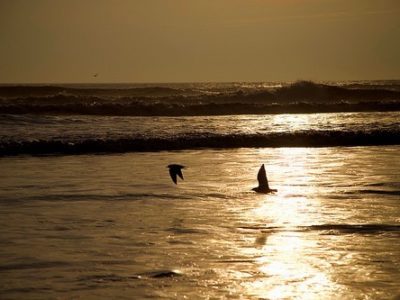Have you stayed in a hotel recently? Do you remember your hotel room number?
No? I’ve forgotten the number of mine, too, and have for every hotel room I’ve stayed in. But I knew them when I needed them. I learned them shallowly. They were extremely important (at the time), but my brain has cleared them out and discarded the information. (It has done the same for much that I learnt at school, where I parked my car last Thursday, and for so much else – ephemeral, but vital, information).
I studied music at A level, and to degree level, and beyond. Much musical information also fits into this category: I needed to know the difference between a French, a Neapolitan and German 6th chord at one point – but please don’t ask me now!
Some things I will never forget for as long as my brain functions, however. In music, there are a lot of ‘facts’ about music theory which have been so well learnt that they seem to have become part of the hardware of my brain. This is deep learning. I literally cannot imagine not being able to read music notation, to know the standard fingering on a brass instrument for any given pitch, or not know the layout of a piano keyboard. There’s a level of deep learning which works in purely musical terms, too: how many of us can ever forget the tunes of the nursery rhymes sung to us as a small child? Or the pop songs we grew up with? Those of us lucky enough to have been performing musicians have a vast repertoire of music in our head. Not only tunes, but also instrumental and vocal timbres, harmonies, rhythms and more. And we can build on this learning, imagining sounds never actually heard. Beethoven never physically heard his late quartets and sonatas, but he certainly knew how they sounded.
This is ‘mastery’ of learning in action: there’s depth of application and understanding, application of learning, and the application of understanding creatively. For those designing school curricula, this is really important: this approach to learning applies across the whole curriculum. If a learner can think like this about music, then this deep learning and understanding can be carried across the breadth of learning. The recent Musicians’ Union report (The State of Play: 2019) quotes an unnamed headteacher:
‘Music is a hobby, it is not a career. It will not be supported by the school.’
With access to mastery, deep learning and transferable skills, what head wouldn’t want all pupils to study music?
We are all aware that music’s place in some schools is threatened. There are reports telling us so all the time, and we know from our own local experience that this is true. Yet thousands of children in schools up and down the land are still learning music, despite the headlines prematurely announcing the subject’s demise. Classes are singing and playing instruments together. Children are receiving tuition on a wide range of instruments. Ensembles and groups are getting themselves together in garages and bedrooms, being organised by schools or put together by hub organisations. Music is being made, and the lives of children are being changed for the good. Not all these children will want to pursue a career in music (and even if they did, there might not be space in the profession for them). Some will play and sing as adults, alongside their ‘real’ jobs: amateur music making is a wonderful thing. Some will start, continue or restart music learning as adults. Many will be enthusiastic audience members. Those who become parents may well encourage a new generation to take up music.
Making music a lifelong passion depends on yet deeper learning: a whole change in the way that we understand the world. We can come to understand the world through music. It is inconceivable to me that my life could be lived to the full without music. I could not understand my own culture and that of others without music. The social richness of shared music making is so important. In most of our lives, the most significant moments are marked through music. Solace, when needed, is sought in music. This is a profound understanding of what music is for, and what music does.


